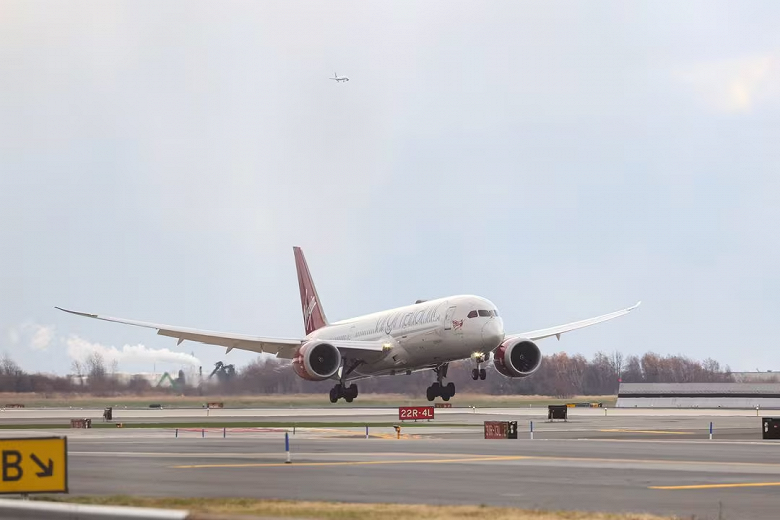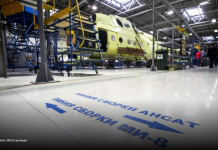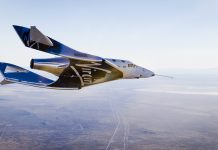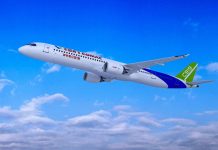Billionaire Richard Branson and several others were on board
Virgin Atlantic’s passenger jet, powered by 100% sustainable aviation fuel (SAF), flew from London to New York as expected on Tuesday . The flight passed without incident.
The flight was carrying the founder of Virgin, billionaire Richard Branson, and several other people. The plane should return to London using regular aviation fuel.
Airlines are banking on fuel made from waste to cut emissions by up to 70%, but the high cost and limited supply of materials needed to make SAF make large-scale production difficult. SAF accounts for less than 0.1% of the total jet fuel used in the world today and costs three to five times more than conventional jet fuel.
The flight, operated by a Virgin Boeing 787 powered by Rolls-Royce Trent 1000 engines, marked the first time a commercial airliner had flown a long-haul flight at 100% SAF. It had no paying passengers or cargo.
“It will be some time before we can get enough fuel for everyone to fly. But you have to start somewhere,” Branson said in London before takeoff.
Virgin Boeing 787 powered by Rolls-Royce Trent 1000 engines makes first-ever long-haul flight

Engines used commercially are not yet certified to fly on more than 50% SAF, and the vast majority of flights use far fewer SAFs with conventional jet fuel.
SAF is already used in jet engines mixed with traditional kerosene, but after successful ground testing, Virgin and its partners (Rolls-Royce, Boeing, BP and others) received permission to fly using only SAF from the US Federal Aviation Administration, which regulates authorities in Canada and Great Britain.
“If we didn’t know it was a 100% SAF flight, no one would have noticed,” said UK Transport Secretary Mark Harper, who was also on board. He called the flight a key milestone towards 100% SAF implementation.
The fuel used for Tuesday’s flight was primarily made from used cooking oil and waste animal fat mixed with a small amount of synthetic aromatic kerosene made from corn waste, Virgin Atlantic said.




